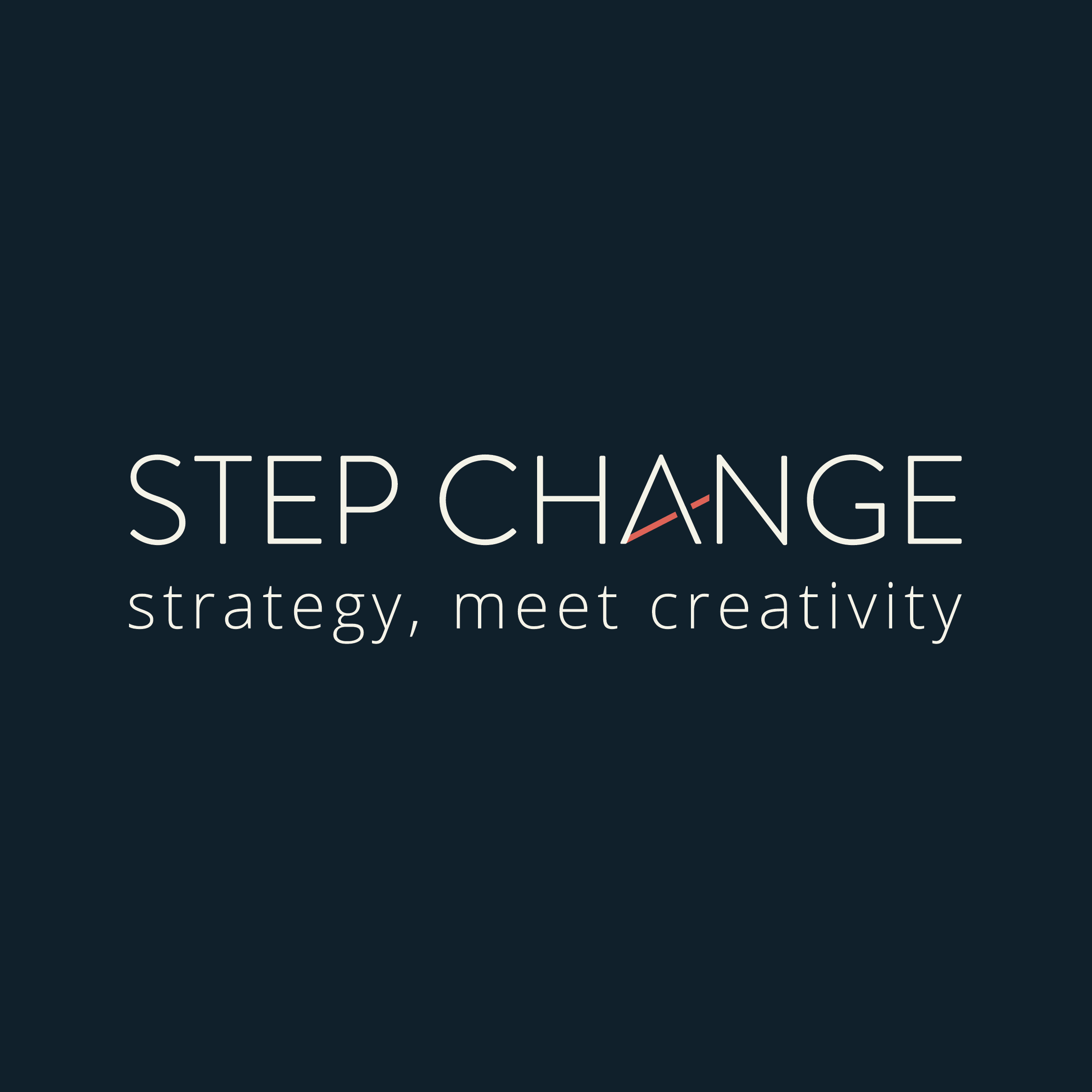Responsibility: a willingness to own things personally.
Cold drip, French press, ‘cowboy’ method, Chemex, and standard drip. If you’re an avid coffee drinker, you’d understand the distinction — but for the rest of us, we can’t help but wonder: why are some people happy to pay a premium for the brewing techniques that differ from the standard drip?
This is a conversation about responsibility.
Understanding the Game
Advertising has changed. Manufacturers and product designers emphasise where their ingredients come from, the impact it has on the world, the use of ‘food miles’, the cooking methods, the temperature the food has been heated at — all to demonstrate expertise and responsibility.
The goal is to stand out amidst your competitors. Why?
This is the digital age — all consumers can access an unprecedented amount of information. With this information comes the power of choice. Naturally, consumers will pick the business that knows their service/product from front to back over the business that only knows the end service. They’re even willing to pay a premium for it.
As a business, it truly pays to own the process and the outcome of your product or service. You gain trust, customer loyalty, and an increase in each customer’s lifetime value.
Competing Strategically
In order for responsibility to echo through every touchpoint consumers have with your organisation, it’s important to instill it as one of your business’s core values.
How can you do that?
1. Lay the groundworkIt all begins in the mind, the mental framework we choose to adopt. It starts with the acceptance that you, as the individual, are accountable for the quality of the work you produce and the timeline you produce it in.
Regardless of who else is involved, be the person who owns the obligation to take action and oversee the work that other people produce.
2. Know the distinction: fault vs responsibility
Often, responsibility gives way to fault, and often fault is a deterrent of taking responsibility. Let’s clean this up and ensure these two words don’t result in a stalemate. Your goal is to skip the blame game and take ownership.
A person can be responsible for a task without being ‘at fault’. Fault is backwards-looking and can stifle action; responsibility, on the other hand, is forward-looking and allows for growth and improvement. The blame game delays action and is an inhibitor for learning.
To further this point, responsibility is the ‘ability to respond’. It starts in ownership and not the helplessness that comes out of fault.
3. Remember, ownership drives results
The ability to be responsible will give way to being proactive and wanting to take ownership for all aspects of your job.
This proactivity can give you a way to develop your skills as a manager, your skills as a friend, and your skills as an employee. You’ll learn how to solve problems that you’ve never thought to solve, and you’ll find newer ways of approaching the same issues. The effect of ownership will be evident in the results you achieve.
As Thomas Edison states, “When you think you’ve exhausted all possibilities — remember, you haven’t.”
Once you manage to instill this shift in mindset in your employees, you’ll be able to see the results of this mindset reverberate through your organisation. The blame game will stop being a common occurrence, and your organisation will become a place for learning and constant improvement.
Responsibility at Step Change
A few months ago, at Step Change, we unveiled our new 1,000-day plan where we turned our company inside out and applied our own Agile Strategy thinking frameworks to our own business questions. We questioned the direction we were heading in as a company — including our values, our position, our goals, what we stood for, and where we wanted to end up.
The statement “I am responsible,” is synonymous with “I am willing to own things personally”. This is separate from doing something due to fault. It’s not a reaction; it’s the proactivity that comes before the action.
The result of this was a more aligned strategy, expanded capabilities, and a focus on strengthening client relationships.
We understood that the way to implement our new strategy would need to start in our company culture and the way our employees work and see the business. This meant a new set of company values to truly reflect what it means to work at Step Change.
How Do We Do It?
1. Shift from blame game to problem solvingBusiness is problem solving. When something unexpected happens, rather than playing the blame game, we focus on what we can do now to solve the problem.
The elimination of the blame game demonstrates trust in our employees that they are responsible and intelligent enough to recognise where they went wrong.
By switching the blame game to problem solving, employees are able to think outside the box and find solutions that sometimes result in a more efficient and effective way of dealing with the problem.
2. Challenge employees to take chargeAt Step Change, we believe in giving our employees the chance to grow and expand.
This means giving them the chance to take charge and manage a project that could be a little outside of their comfort zone.
The employees get a chance to improve their skills, work on their ability to manage other people, demonstrate responsibility, and also gain an appreciation for all the various things that go into one project to make it work.
3. Set the exampleMentorship is a big factor at Step Change. We operate in an environment where there is always someone supporting every staff member.
By ensuring that the people in these supporting roles demonstrate responsibility and don’t play the blame game, other employees learn through example.
When you make a mistake and the finger doesn’t point at your head but rather at the team, it promotes stronger teamwork, cohesive decision making, better communication, and self-awareness of what you shouldn’t do next time a similar problem comes around.
What Can You Learn?
By practicing responsibility in your business at all levels, your customers will start to see the distinction between your business and those in your industry.
Where other businesses demonstrate an understanding of only the end product/service, your business will be able to demonstrate a strong understanding of all the links that create that product/service.
Your customers will walk away trusting your business and feeling comfortable that they went with the company that has the answers to their questions and cares.
But before responsibility becomes embedded in your company culture, it’s important to initiate a bottom-up approach. A great place to start would be yourself.
Here’s What You Can Do
Have a brainstorm of all the projects you’re currently working on and all the different aspects that go into it.
Where can you step up and take ownership?
Where can you step up and demonstrate responsibility and set a powerful example for those around you?
PS: Interested in learning more about responsibility and other leadership skills? Why don’t you take a look at Powerful Presence.






![Top 10 Articles C-Suites Read in the Step Change Blog [2019 Edition]](https://blog.hellostepchange.com/hubfs/step-change-top-10-articles-2019.001.jpeg)








